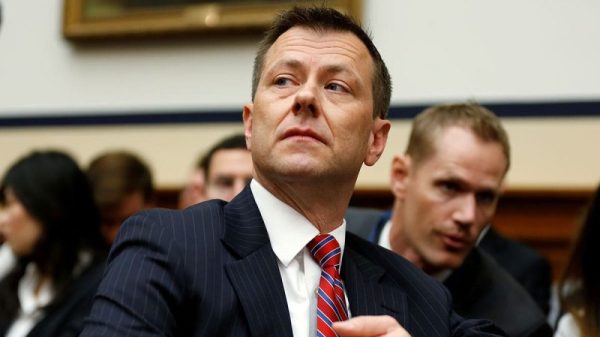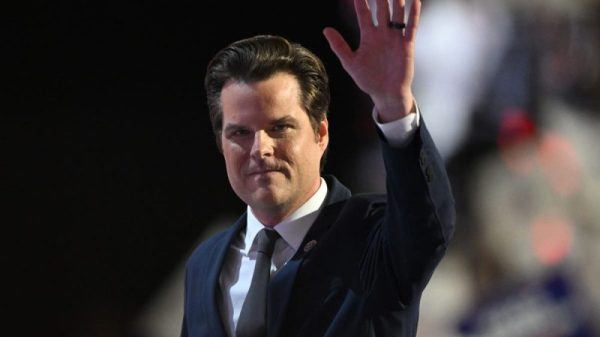Official Washington loves the State of the Union address. If the White House Correspondent’s Dinner is the Golden Globes, SOTU is the Oscars: the serious event that serious people attend and at which serious issues are discussed. The Constitution mandates that the president update Congress on the state of things every so often, an edict that over the decades has been turned into the political Super Bowl. The big game, when the president puts it all on the line.
The speech and the media interest it generates are unquestionably a moment of attention that presidents can and do want to leverage. But it is also a moment that, historically, hasn’t done much to change how Americans view the president.
The political analysis website 538 has done the hard work of going back over the years and calculating the average approval rating for presidents over the course of their presidencies. That allows us to see how Americans viewed presidents in the weeks leading up to each State of the Union address and then how approval might have changed afterward.
If we plot each of those changes since Ronald Reagan’s 1988 speech, the results look like this — from George W. Bush’s post-9/11 speech in 2002 at the top left to George W. Bush’s mid-recession speech in 2008 at bottom right.
This jumble of lines doesn’t tell us a whole lot, certainly, but you can see that relatively few of the lines seem to move up or down very much. If we highlight the five State of the Union speeches given by Donald Trump and President Biden since 2018, you can see that their approval ratings were flat coming into and going out of the speech.
(You will note that we are being pedantic here, counting only actual State of the Union addresses and not the SOTU-like speeches that presidents give soon after their inaugurations. At that point in a president’s administration, his approval tends to be artificially high anyway.)
Let’s look at this a different way. Below, you can see how approval ratings changed relative to where the number was on the day of the speech itself. Notice that the lines coming out of the SOTU speech generally sit below plus-4, meaning that in the four weeks after a speech, it’s very uncommon for a president to have gained 4 points of approval.
Let’s again isolate some of these lines. You’ll notice the big surge for George H.W. Bush in the weeks before his 1991 speech; that was a function of the success of the American military operation against Iraq. In 2014, Barack Obama saw a surge in support a few weeks after the SOTU. Then, in 1998, there’s Bill Clinton, whose poll numbers surged in the immediate wake of his speech. Most of the other movement has been subtle.
On average, presidential approval since 1988 increased by about half a percentage point a week after a SOTU speech. After four weeks, the average change was at zero.
Part of the challenge for Biden is that fewer people will tune in to the speech. In 2003, as George W. Bush was making the case for invading Iraq, some 62 million people tuned in, about 1 in 5 Americans. Last year, only 27 million watched, or about 8 percent. Others who learned about Biden’s address probably did so through secondhand coverage — or snippets shared on social media and framed in service of one side’s narrative.
Again, there’s obvious value to the speech. Biden gets to establish both his desired policy outcomes moving forward — a portion of which actually become manifest! — and reframe the actions he’s already taken. But as a tool for convincing America that he deserves to be viewed more positively? State of the Union addresses generally come up short.


































